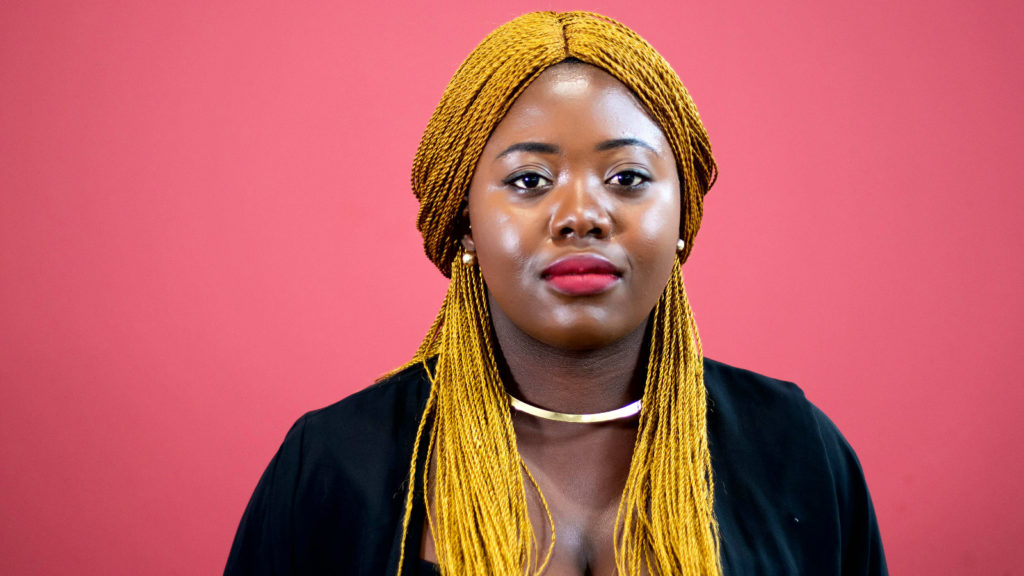Two years ago after graduating from nursing school in Cameroon, a helpless Melissa Bime watched as a five-year-old patient of hers died — because she could not get a blood transfusion. The tragic event inspired Bime to seek a solution.
It’s when she decided to start Infiuss. The Yaounde-based startup offers an online blood bank, as well as a digital supply-chain platform that helps connect those hospitals that do have blood banks to those that don’t.
No ad to show here.
“I wanted to be able to solve this problem of access to life-saving blood,” says Bime (pictured above), who was last month selected as the winner of this year’s Anzisha Prize, walking away with $25 000 in funding.
She began operating the startup, which currently employs six full-time employees, in January after the conclusion of a three-month pilot.
Melissa Bime’s work with Infiuss has led her to winning the Cartier Women’s Initiative Awards and the Anzisha Prize
Infiuss currently supplies blood to 23 hospitals in Cameroon’s capital city, Yaounde. “Via our mobile app, patients are able to make a request for blood which we source and deliver to them in the hospitals they are admitted in,” she explains.
In addition, patients are able to sign up as voluntary blood donors through Infiuss’ app, enabling the startup to build a digital database of blood donors.
“We also offer the opportunity for these patients to make a request for blood via phone call or SMS,” adds Bime.
Raising funding through competitions, awards
She says initially Infiuss was “completely self-funded”. Bime thinks she’s been very lucky, because despite being an early-stage startup she’s been able to win some business competitions and awards.
In April, Bime was announced as one of the six laureates of the 2018 edition of the Cartier Women’s Initiative Awards, winning $100 000 in prize money for her startup. Over 2800 applicants from 130 countries around the world applied to take part in the initiative.
“So far we have only been able to raise money through startup competitions and grants. We have raised a total of $125 000 through this method,” she says.
‘Biggest challenge around regulation’
Bime says the biggest challenge she’s faced building her startup has been that of regulation.
“Dealing in the area of blood, which is a matter of life and death, and also in a space where the laws are not clearly defined or put in place has made it a huge challenge,” she explains, adding that she continues to find ways to “navigate” around the problems.
Expansion plans
Next year, she plans to launch an open in-house blood bank . “If we can do this, it will drastically help us grow faster as it completely takes away the length of time we have to spend in partner hospital acquisition,” explains Bime.
She adds that the in-house blood bank will not only make Infiuss more independent, but will enable the startup to launch operation in other regions quicker. “So that really is our biggest goal for 2019,” says Bime.
While she believes that her startup is solving “a very serious problem”, she says there’s still “a lot to be done”, adding that she wants to expand operations outside of Yaounde.
Says Bime: “Until we are able to deliver blood to the most remote villages, then I will know we are getting there (sic). But in terms of overall impact, I really think we are making a big difference in the lives of these patients.”
Featured image: Infiuss CEO and founder Melissa Bime (Supplied)
